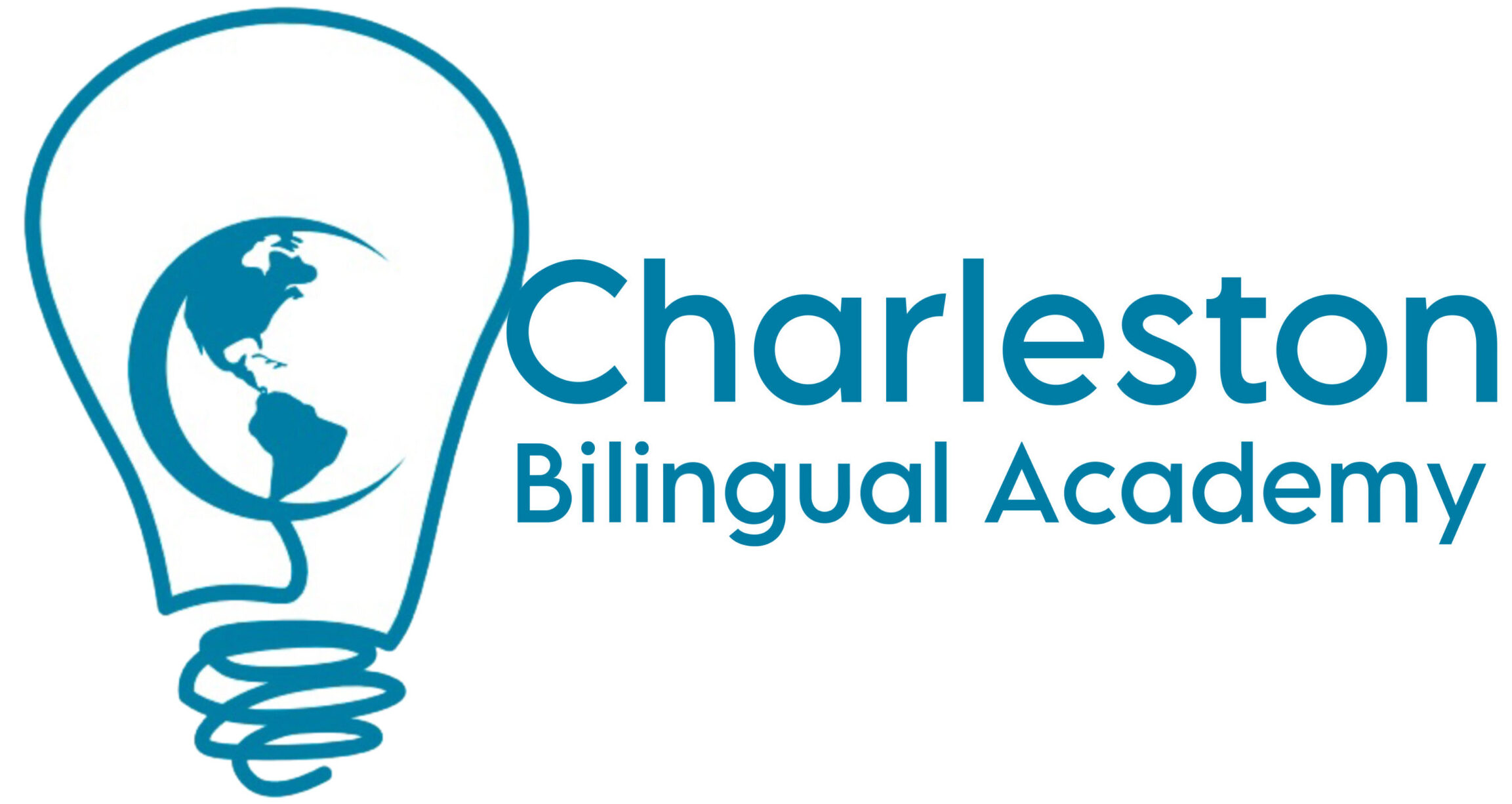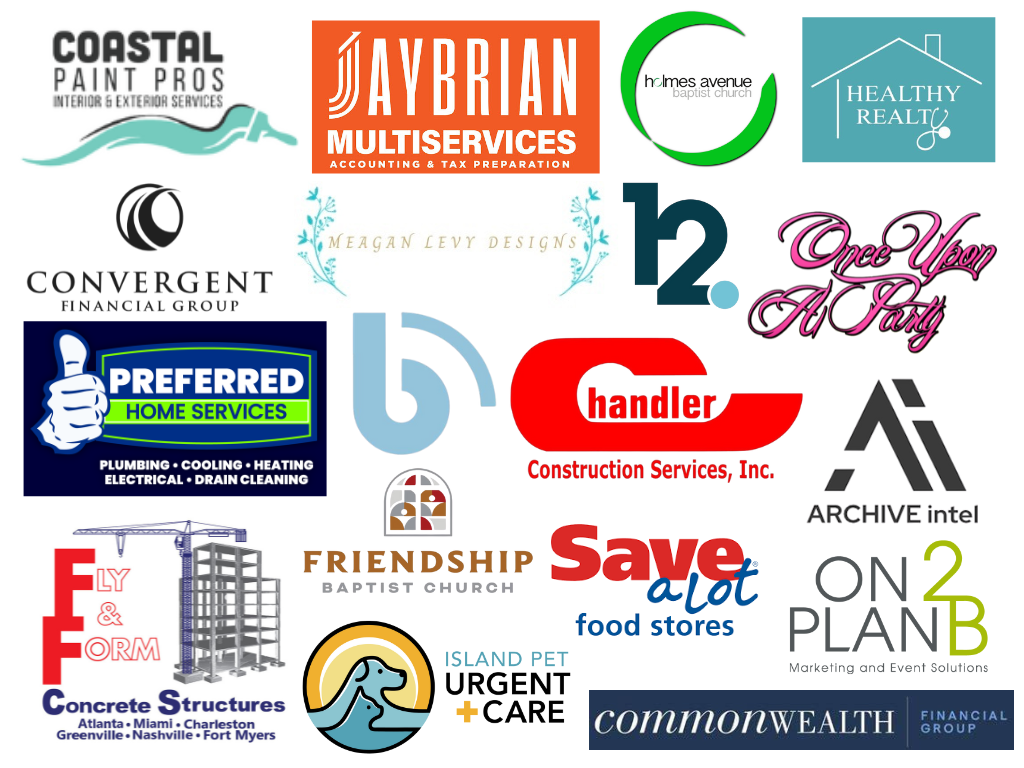Believe it or not, as parents, we do many things in life because that is the way our parents did it. From child-rearing, to eating habits, to the sport teams we cheer for (Go Tigers!) and what kind of pets we like or dislike.
This often is true in the K12 education we choose for our children. Traditional= safe, neutral, right?… and no one wants to risk messing up their child’s education. In our upcoming parent chats, I will share our curricular vision.
Hear specifically about first grade and the way we approach reading here.
One of our parents has given a powerful testimony. Her older children attend a very strong, traditional, private school, however, her youngest is in our 3rd grade. She talked about the “noise” she would hear from neighbors, friends, and colleagues about how silly it was to send her child to the untraditional CBA. She admitted that at the beginning she would compare CBA to other schools. In time, however, she explained she began comparing every other school to CBA. And she now sees the comments of others as just “noise.” Yet, just about every other parent in the previous chat on this topic admitted to also hearing such “noise.”
Reflect on your own K12 experience. In what ways did your schooling prepare you for adulthood and in what ways did it not prepare you? Personally, I learned to memorize really well. I learned to give the answers teachers wanted to hear. I learned how to do rote mathematics and how to beg the teacher for partial credit when I made careless mistakes in longer operations. However, I was rarely taught to think critically and out of the box, or solve unexpected problems (which happens every day in adulthood!). I did not learn to do math logically much less did I see its application in the real world (problem-solving, engineering, programming, deductive reasoning…).

And while I took several years of Spanish, I never learned how to converse with native speakers. On the positive side, I learned how to conquer fear and speak publicly. I learned how to read deeply. I learned to have grit and the value of hard work. My teachers modeled for me how to love others. And both through classes and sports, I was able to build friendships and work alongside children from different cultures than my own.
When I think about my own children, these reflections begin to guide me on my parental school search. However, the greater context is the following: my child is not growing up in the 20th century. A walk down history road will teach us to expect that our children will engage an unexpected 21st century.
The last two millennia have seen massive shifts as symbolized by the change from horse-drawn transportation to space travel. The 8,000 year old agrarian society began to shift as medieval guilds focused on the specialization of skills. The specialization of skills led to new technology, most notably was the printing press. New knowledge brought forth the scientific revolution, which in turn developed more technologies, which has progressively brought us the the last four industrial revolutions. We currently find ourselves in the digital age, where knowledge is no longer in handwritten scripts, or stamped by presses, or maintained in encyclopedias and textbooks. Knowledge is accessible everywhere to everyone (even to artificial intelligence- AI).
Economies, politics, and cultures are reacting to this knowledge explosion. This knowledge explosion is creating the most unpredictable century in history impacting every sphere, including education. So how do we prepare our children for the 21st century?
- Students learn that they are loved, (by the Triune God and others), and in turn, they love to learn and they love others (Is education only about the 3 R’s, or is it forming a holistic life purposed to love God and serve others?) Refer to our Posture competencies.
- Students learn how and why to think, not just what to think. (What jobs will AI replace and what jobs will it not replace? How do we prepare our children to engage the emerging Post Truth culture?) Refer to our Creative Thinking competencies.
- Students learn how to actively engage diverse thoughts in a globalized world, then live boldly and winsomely as they use their knowledge and skills to serve others. (How does this counter the impersonalness of AI, the isolation of individualism, and the walls we build between cultures?) Refer to our Engagement competencies.
While these objectives can be accomplished in an English-only school, CBA is giving a strong advantage to its students by leveraging their linguistic strengths early on, knowing that bilingualism will empower our students to think more critically, interact more diversely, and impact more globally.


